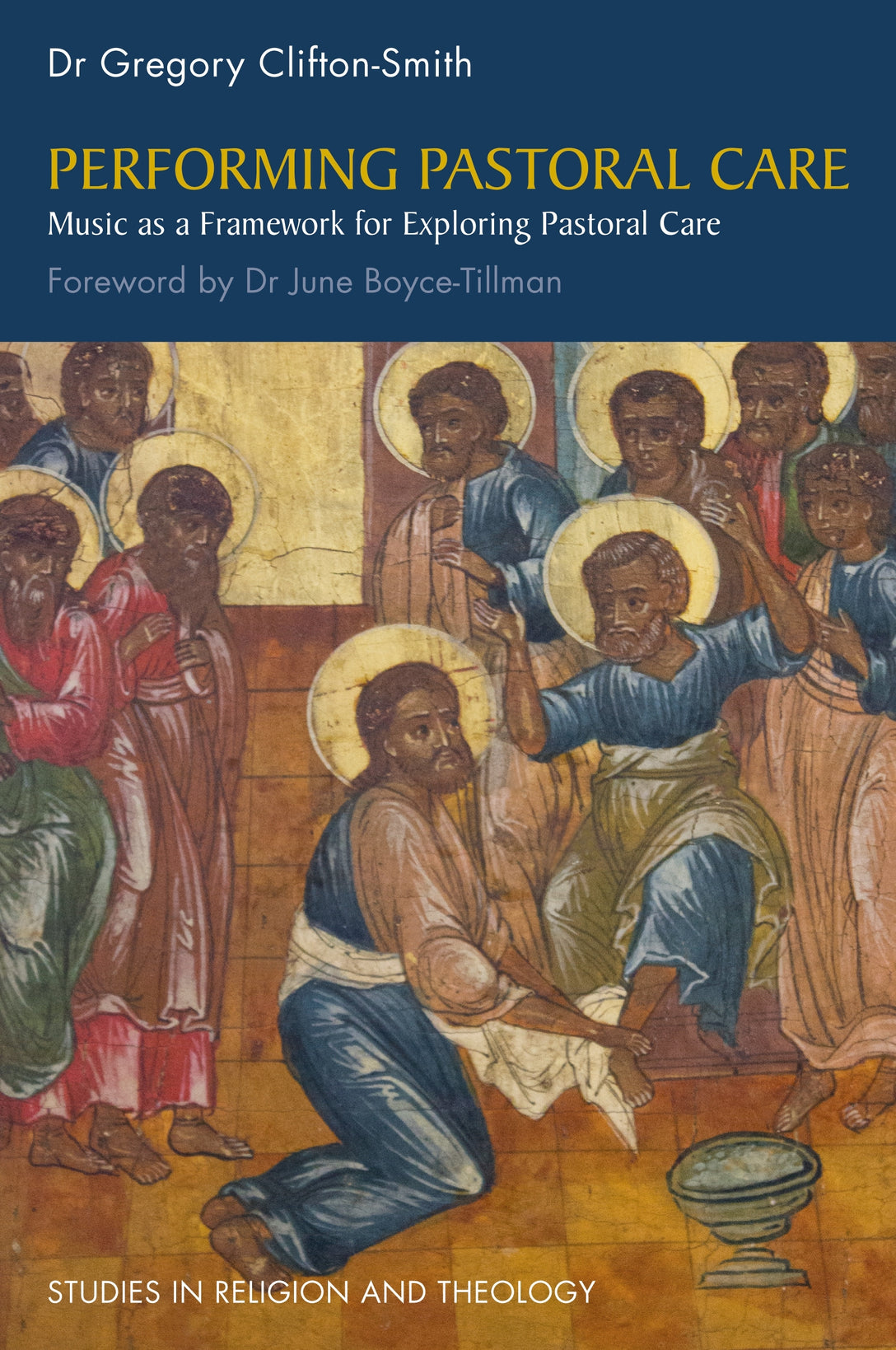
Press Reviews
Revd Canon Dr Margaret Whipp, Lead Chaplain, Oxford University Hospitals
A haunting book. Clifton-Smith tenderly unsettles the church's modernist notions of mission with his musical and pastoral explorations of life in all its rawness. His use of musical form as a template for chaplaincy is lodged in my soul. I look forward to many variations and performances of this rich theme as his work reaches a wide, and appreciative, audience.
The Very Revd Prof. Martyn Percy, Dean, Christ Church, Oxford
Gregory Clifton-Smith's book is a rare and exceptional contribution to the field of pastoral theology - imaginative, inspired, creative and clever. The arena of pastoral theology is normally dominated by books that focus on reflection, applications or techniques, so it is refreshing to find a profound volume such as Performing Pastoral Care, offering such an original insight into how pastoral care can be both imagined and practised. Gregory Clifton-Smith's book is both wise and winsome, and will repay careful reading for all those engaged in mission and ministry.
Dr James Woodward, Principal of Sarum College
We live in interesting and complex times. Modernity has given us choice and freedom to shape our destiny in many, often competing, directions. The Church is only one place where the shape of human experience is opened up and attended to in our struggle to flourish. This context provides us an opportunity to reimagine how theology and its practice might contribute to well-being. Performing Pastoral Care is a serious and substantial contribution to our understanding of this practice as it calls us all to rediscover our pastoral heart with imagination and creativity. Interdisciplinary in its focus - music and theology both blend and dialogue to provide a stimulating, intelligent and well-organised narrative. The reader is asked to look outwards through a number of lenses and using a variety of methods to engage with the paradoxes and ambiguities of human experience. It succeeds in providing a significant contribution to the literature around music and pastoral theology and its carefully organised chapters offer practical tools for the resourcing of the shapes of pastoral activity and performance. I hope that it will be widely used as part of the ongoing conversation about what might need to be transformed in and through us as we seek to reach out and serve our world and its peoples. I shall be adding it to core reading lists for my students.
